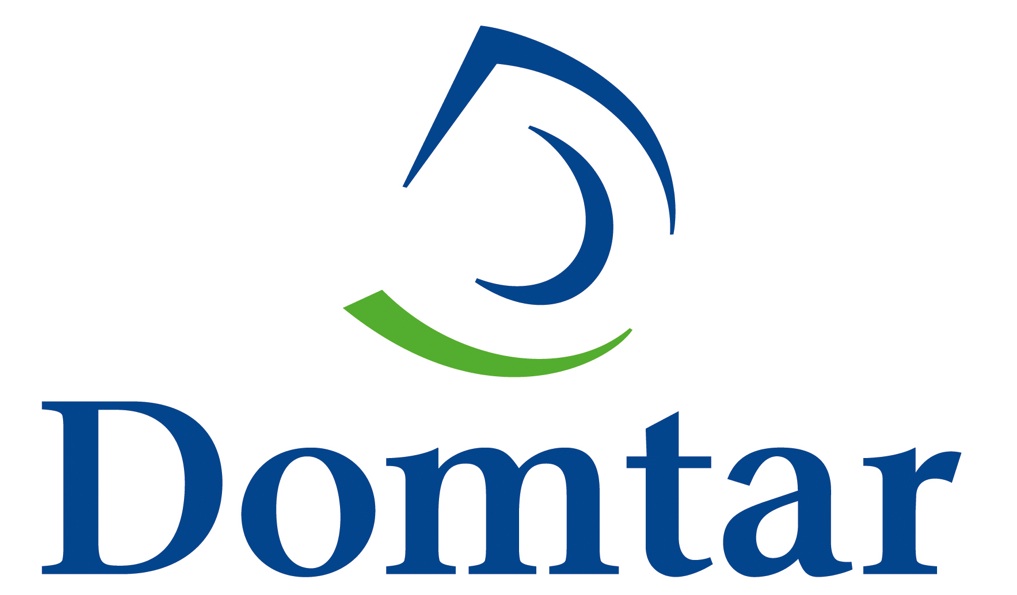Thinking, and Advocating, Globally

Domtar 2017 Sustainability Report
Today’s consumers are more aware than ever before of the social and environmental issues related to their purchasing decisions. The rise of “green” brands and certification programs across a wide range of product categories are evidence of this growing awareness. However, truly understanding what goes into making products that people use every day is not always obvious or easy.
This is especially true for basic materials that are shipped and traded around the world before being re-processed into finished products. Pulp made from wood fiber, used to make facial tissue, paper towels, paper, packaging and a variety of other products, is a classic example of a material that people use every day with little if any knowledge of the consequences of their purchasing decisions.
This is not an abstract problem. Consider Indonesia, a country identified by several environmental organizations as a hotspot for deforestation related to the pulp and paper sector. Over the past few years, fires in this region destroyed hundreds of square miles of forests, burning carbon-rich peat soils that continue to smolder long after the trees are burned.
The persistent, choking smoke from these fires prompted the government in Indonesia to declare a state of emergency, deploy 22,000 troops, and station warships to evacuate victims. A government spokesperson described the situation as a “crime against humanity of extraordinary proportions.” It has been widely reported that as the thick haze spread into the neighboring countries of Malaysia and Thailand, more than 500,000 people were treated in hospitals for breathing problems and there were thousands of premature deaths.*
According to an analysis of data from the World Resources Institute's Global Forest Watch partnership**, more than one-third of fires in Sumatra in 2015 occured on pulpwood concessions. As pulp and paper products from these areas are sold to unsuspecting or unaware buyers, they displace products from more sustainably managed forests. That is why internationally respected environmental organizations, including World Wildlife Fund (WWF), have expressed caution regarding pulp and paper products sourced from this region.
We believe that being a sustainability leader requires more than advancing the sustainable forest management practiced in North America. It also requires working to reveal and address performance failures across our entire industry, regardless of where the operations are occurring.
Domtar was the first North American pulp and paper company to join WWF’s Global Forest & Trade Network. This network is the world’s longest running program for combatting illegal logging and driving improvements in forest management, with operations in 24 countries. Our commitment does not end there.
Domtar employees now serve in the governance of the Forest Stewardship Council (FSC) – one of the world’s leading standards for responsible forest management. Our own Andrew Tremblay is the current chairman of the board for FSC Canada, while Luke Dillinger serves on the governing board of FSC United States. Their work includes advocating that FSC maintains its high standards as the organization seeks to expand its reach into other parts of the world.
At Domtar, sustainability is about working smart—for the long term. When necessary, it also includes working on issues that are long distance.
###
Domtar’s 2017 Sustainability Report details the company’s endeavor to take a longer term view of creating and preserving value for our shareholders, customers, employees and communities. For more inspiring stories about Domtar's sustainability efforts, visit the Domtar Newsroom. To view the full 2017 Sustainability Report click here.

